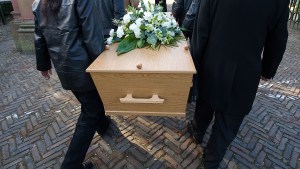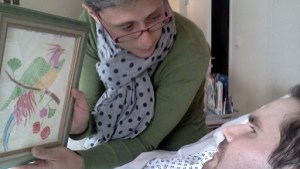The High Court of Delhi has rejected a request for a 30-year-old man in the so-called persistent vegetative state to be euthanized. The court instead called for community support for the man and his parents, who have sold their house and spent their savings on their son’s hospital bills.
According to the New Indian Express, the man in question is Harish Rana, who fell from a balcony in 2013. The trauma to the head that Harish suffered sent him into the non-communicative state that he has been in ever since. India does have laws that allow for “passive euthanasia,” where patients who would otherwise be unable to live without machine assistance can be allowed to die. The judges pointed to the fact that Harish could live without such assistance in their ruling.
Justice Subramonium Prasad wrote:
“The facts indicate that the petitioner is not being kept alive mechanically and he is able to sustain himself without any extra external aid. The petitioner is thus living and no one, including a physician, is permitted to cause death of another person by administering any lethal drug, even if the objective is to relieve the patient from pain and suffering.”
The decision was appreciated by the Catholic bishops of India. Vatican News reports that Archbishop of Agra, Raphy Manjaly, who also serves the Catholic Bishops’ Conference of India as chairman of the doctrinal commission, commented on the high court’s decision:
“We would like to congratulate the Court for its unambiguous verdict while calling for support for the family facing a serious crisis,” Archbishop Manjaly said. “We are extremely happy that the sacredness of life has been upheld by the court.”
The bishops went on to echo the calls for community support for the overburdened parents of Harish, as well as all those in such a position, which he called “definitely a crisis.”



